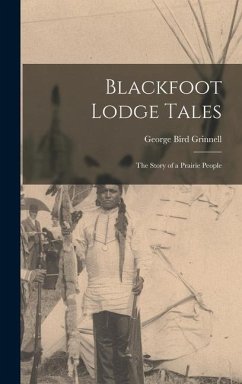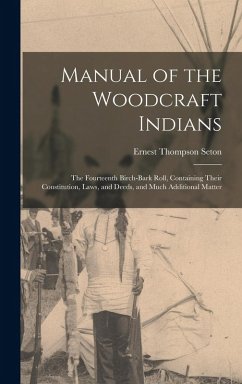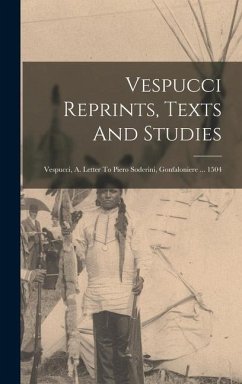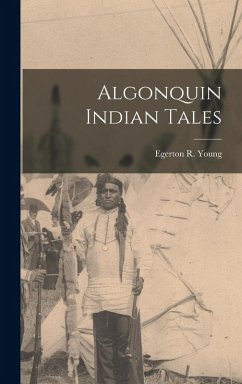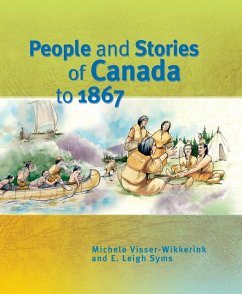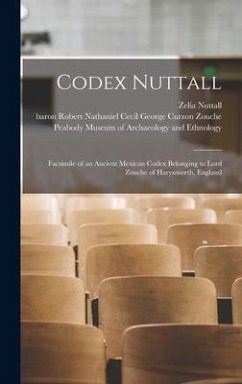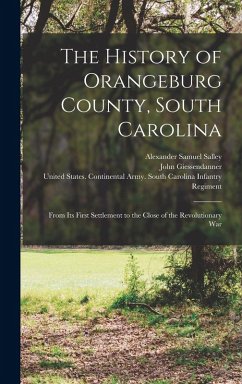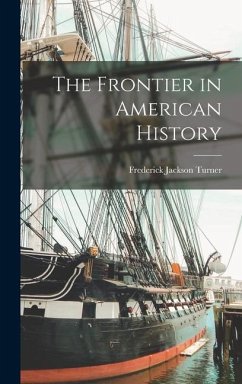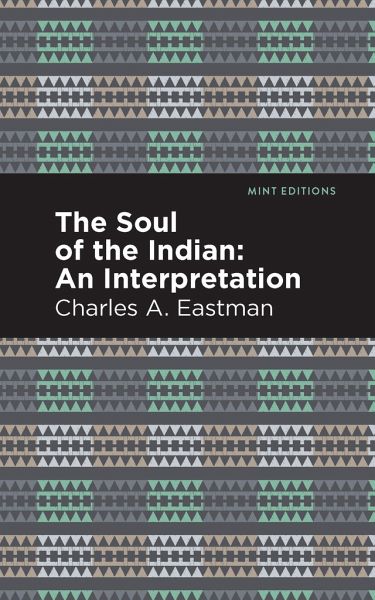
Versandkostenfrei!
Versandfertig in über 4 Wochen

PAYBACK Punkte
6 °P sammeln!




After a youth immersed in the traditions of the Dakota Sioux, Charles Eastman seeks to dispel the prejudice surrounding indigenous culture. Observing that much of the existing record was made by missionaries, those sent to erase centuries of tradition, Eastman provides a personal view of his people. The Soul of the Indian: An Interpretation is a book by Charles Eastman.
Charles Eastman (1858-1939) was a Santee Dakota physician, lecturer, activist, and writer. Born Hakadah in Minnesota, he was the last of five children of Mary Nancy Eastman, a woman of mixed racial heritage who died shortly after giving birth. Separated from his father and siblings during the Dakota War of 1862, Eastman-who later earned the name Ohíye S'a-was raised by his maternal grandmother in North Dakota and Manitoba. Fifteen years later, he was reunited with his father and oldest brother-who were presumed dead-in South Dakota. At his father's encouragement, Ohíye S'a converted to Christianity and took the name Charles Alexander Eastman, which he would use for the rest of his life. Educated at Dartmouth College, Eastman enrolled in Boston University's medical program after graduating in 1897. He completed his medical degree in 1890, making him one of the first Native Americans to do so. Eastman then moved back to South Dakota, where he worked as a physician for the Bureau of Indian Affairs at the Pine Ridge and Crow Creek Reservations. During a period of economic hardship, he used his wife Elaine Goodale's encouragement to write stories about his childhood, a few of which found publication in St. Nicholas Magazine. In 1902, he published Memories of an Indian Boyhood, a memoir about his life among the Dakota Sioux. In addition to his writing, Eastman maintained a private medical practice, helped establish the Boy Scouts of America, worked as a spokesman for the YMCA and Carlisle Indian Industrial School, and acted as an advisor to several Presidential administrations.
Produktdetails
- Verlag: Mint Editions
- Seitenzahl: 50
- Erscheinungstermin: 23. April 2021
- Englisch
- ISBN-13: 9798888971857
- Artikelnr.: 68580711
Herstellerkennzeichnung
Libri GmbH
Europaallee 1
36244 Bad Hersfeld
gpsr@libri.de
Für dieses Produkt wurde noch keine Bewertung abgegeben. Wir würden uns sehr freuen, wenn du die erste Bewertung schreibst!
Eine Bewertung schreiben
Eine Bewertung schreiben
Andere Kunden interessierten sich für


